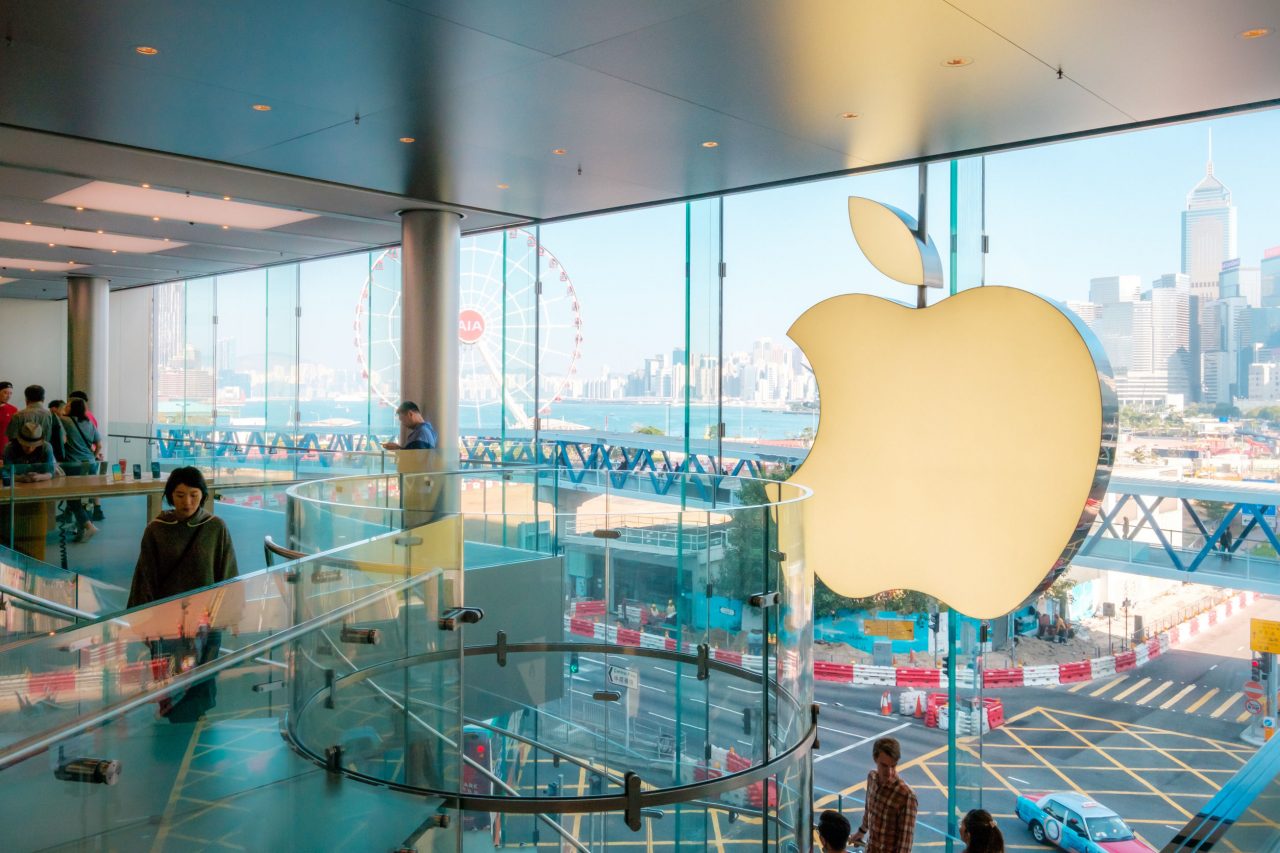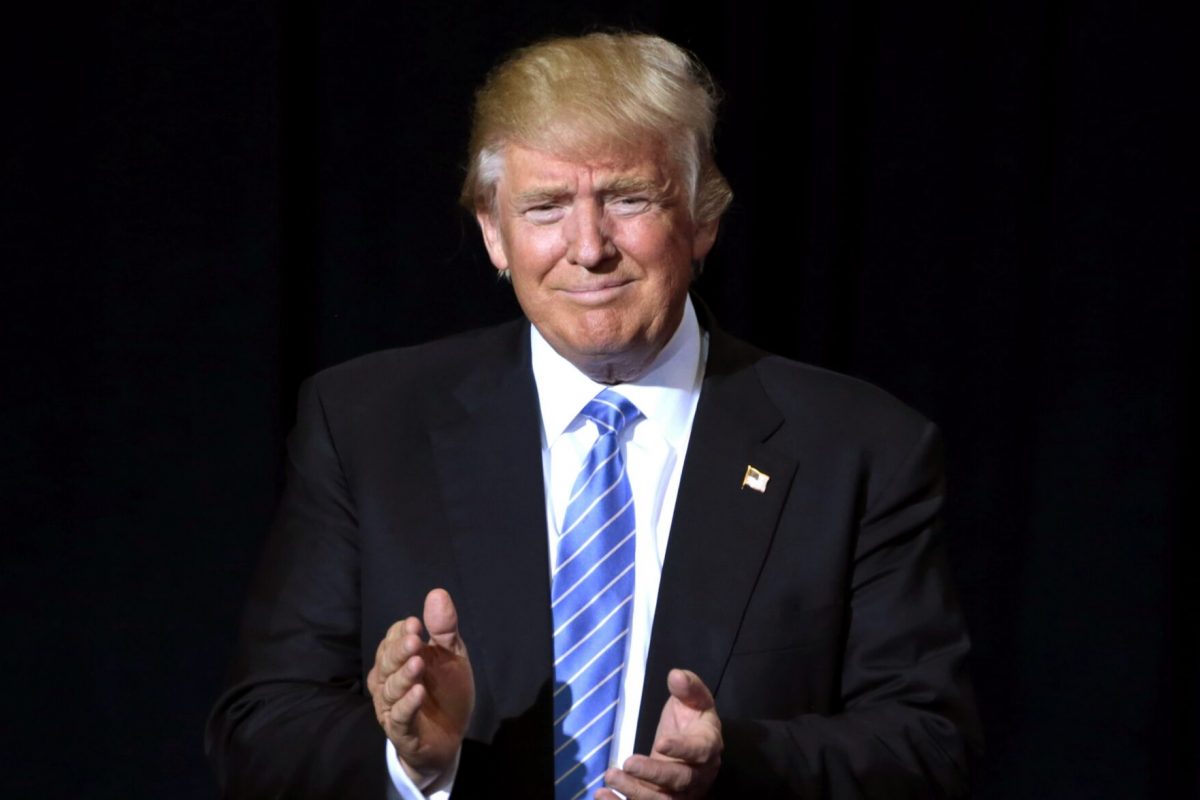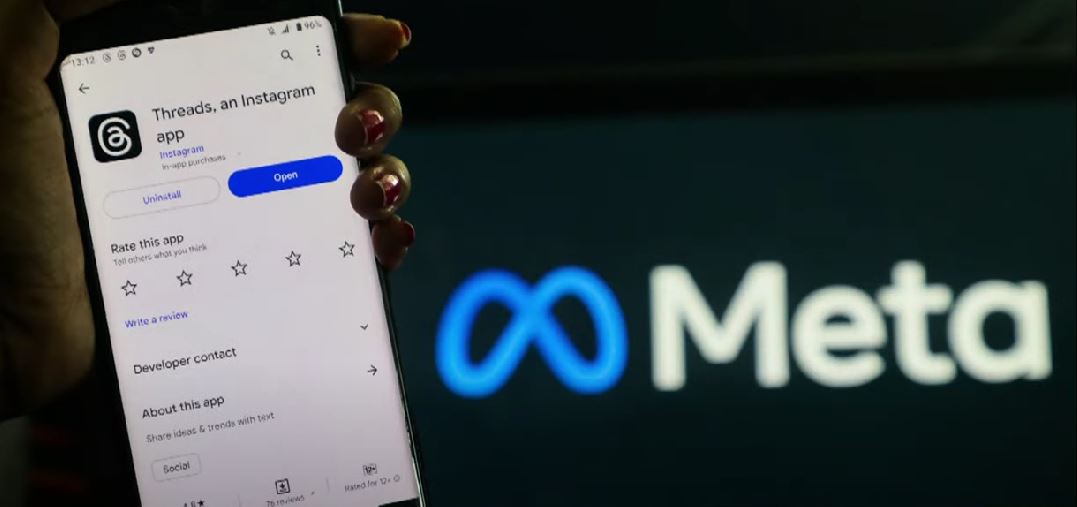Warning: count(): Parameter must be an array or an object that implements Countable in /home/netprofitsexpert/public_html/wp-content/themes/newstar111/views/author_reviews.php on line 10
Indonesia has upheld its ban on the sale of Apple Inc.’s iPhone 16s, stating that the tech giant’s $1 billion investment plan, which includes the construction of an AirTag factory, is not sufficient to meet the country’s domestic content requirements.
This decision emphasizes Indonesia’s firm stance on local production, highlighting a significant challenge for Apple in the Southeast Asian market.
Domestic content rules: the stumbling block for Apple
Industry Minister Agus Gumiwang Kartasasmita clarified on Wednesday that the country’s domestic content rules mandate that Apple must manufacture a portion of its smartphones or their components onshore.
He emphasized that AirTags, being only an accessory, do not qualify under these requirements, leaving the ban in place.
“As of this afternoon, the government does not have a basis for issuing the local content certificates” that Apple needs to sell its flagship device in Indonesia, he said.
Apple needs to negotiate with us so that we can issue a certificate.
Missed sales in a key growth market
Indonesia initially blocked iPhone 16 sales in October, as part of a strategy to incentivize Apple to increase its investments in Southeast Asia’s largest economy.
The ongoing delays in the resumption of sales are depriving Apple of revenue from a promising growth market of around 280 million consumers, where they are also competing against rivals like Samsung Electronics Co.
According to Kartasasmita, Apple could potentially face sanctions for its continued non-compliance with local investment rules, although he stressed that this would be the government’s last resort.
“We will look for other ways or options,” he said in a briefing, adding that the government has already sent a counterproposal to Apple.
A sudden turn and conflicting statements
The decision marks an unexpected turn, coming just hours after Investment Minister Rosan Roeslani told reporters on Tuesday that Indonesia had approved Apple’s plan to put up an AirTag facility.
However, domestic content requirements fall under the jurisdiction of the industry minister, creating an apparent contradiction in government statements.
Apple’s proposed AirTag factory and ongoing negotiations
According to Roeslani, Apple had proposed to build a factory by early 2026 and commence production of AirTags, a device that allows users to track their luggage, pets, and other belongings.
Apple executives are currently in Jakarta negotiating with the government regarding their investment proposal.
Alternative manufacturing approaches
Other phone makers like Samsung and Xiaomi Corp. have successfully set up factories in Indonesia to comply with the domestic content regulations, which were introduced in 2017.
Other pathways to increase local content include sourcing materials, hiring local workers, developing apps, and investing in developer academies within the country.
“There’s no deadline for compliance,” Kartasasmita said.
If Apple wants to sell the iPhone 16, and especially if they plan to launch the iPhone 17, the decision is entirely up to them.
The post Why Apple’s $1 billion bid couldn’t sway Indonesia’s ban decision appeared first on Invezz



